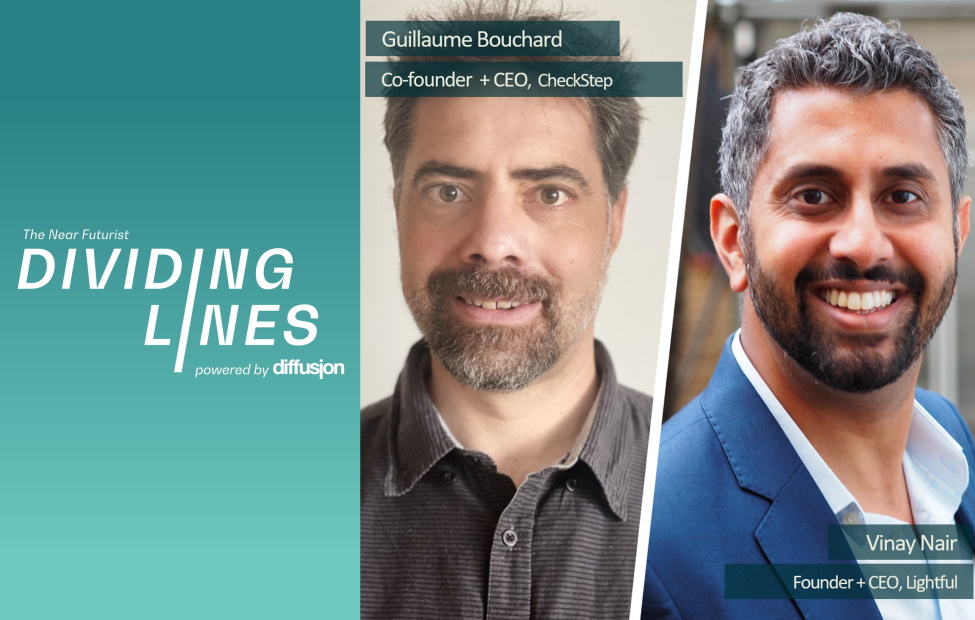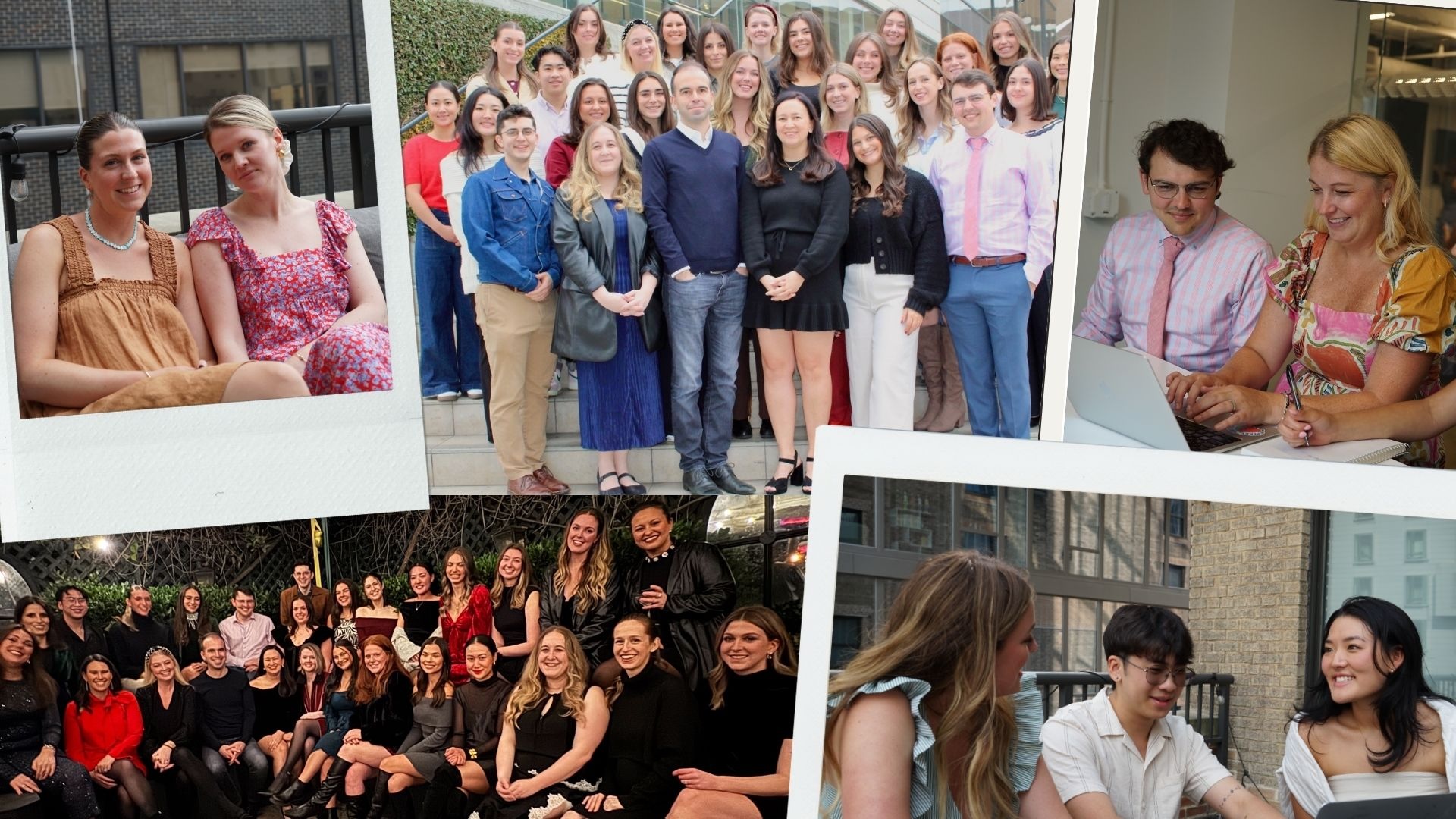Article
Dividing Lines Podcast: Can Algorithms that Power Fake News Really Prevent its Spread?

A social network detects that you’re going to respond well to a particular stimulus so it feeds you more. Depending on what you’ve been reading you might end up thinking it’s normal and acceptable to insult footballers because of their race, you might think vaccines are evil, you might launch verbal attacks on Olympic athletes (mysteriously less so if they’re white). If you’re differently wired politically don’t think you’ve escaped – you will have been staggered that Brexit happened and that Donald Trump was elected president of the US in 2016 because those things were only minority interests, surely? Meanwhile several of Trump’s supporters have been fed a diet of snippets on how Trump won in 2020 as well, if only the easily-led could see it.
The not-so-passive role of social networks in shaping the content we see has been thrown into sharp relief with the recent whistle-blower testimony of former Facebook data-scientist Francis Haugen. She presented evidence claiming that the social network’s algorithms were knowingly changed in a way that led to more engagement and sharing of divisive content and misinformation. Haugen has also raised concerns over the effectiveness and seriousness of Facebook’s content moderation policies.
The first episode of Dividing Lines, the new Diffusion-sponsored mini-series within the Near Futurist podcast, explores whether those same algorithms that push agendas and reinforce people’s preconceptions can also be used to combat fake news and prejudice. Guillaume Bouchard, CEO of CheckStep a company that uses AI to moderate misleading user generated content and online harm debated the issue with Vinay Nair, CEO of Lightful, a technology company focussed on social good.
You can take a listen to the lively debate here. We are privileged to be partnering with business and technology media veteran Guy Clapperton and his Near Futurist podcast to explore whether technology can really solve some of the most pressing problems facing society. Please subscribe and listen out for future episodes of Dividing Lines in the coming weeks.





